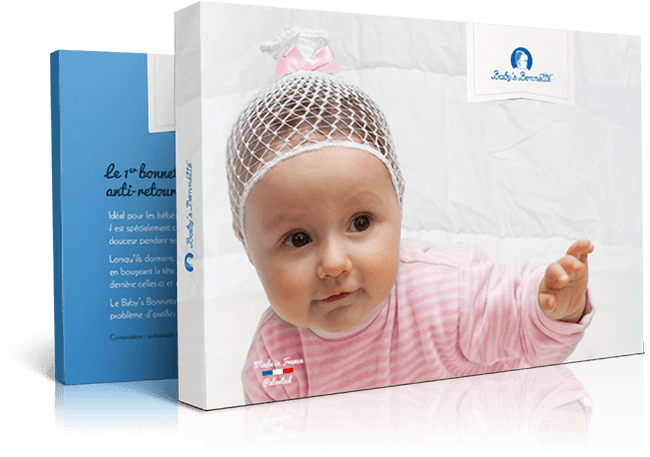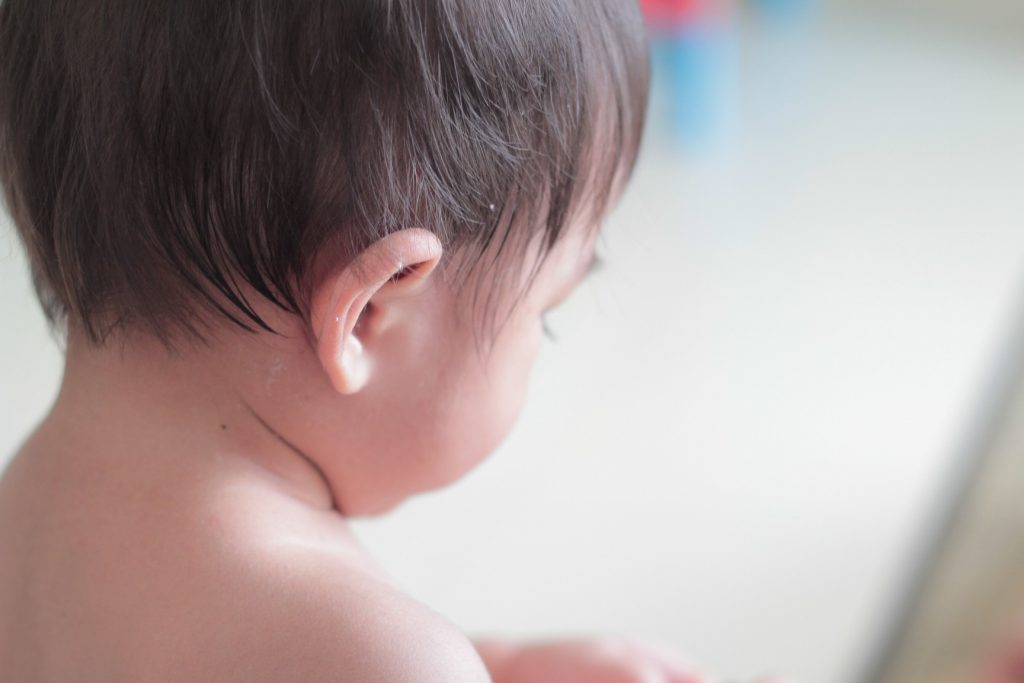Many parents, especially moms, worry when their baby has protruding ears.
While parents obviously find their newborn the most beautiful baby of all, one of their first concerns is the future taunting : “What will happen when my child faces his classmates’ mockery?”
His sticking-out ears are a source of teasing
A mother testifies: “Kids can be really cruel to each other. I have a painful memory that my classmates were laughing at my “cauliflower ears”. Some even used to call me Dumbo the flying elephant, Mr Spock or ‘the elf’, because on top of having sticky out ears, I also had pointed ears. I don’t want my child to be teased the same way!”
This mother, like so many others, is concerned about her child’s physical but also psychological well-being.
It is true that school children can make scathing comments and harsh criticisms about their peers if they are not like them.
Protruding ears are one of the visible physical features at first glance. There is therefore a high risk that it will be commented on, criticized and, unfortunately, sometimes tirelessly repeated throughout the school year.
Children test and test themselves
This is a fact: towards the age of 8-10, sometimes much earlier, a child begins to assert himself. Physical and verbal abuse as well as risk-taking are therefore natural. Psychiatrists recall that, through this type of practice, the child tries to push his limits by testing his entourage and does not hesitate to utter hurtful comments in order to see the reaction generated by his words.
When a much younger child -between 2 and 6 years old- openly notes that the person facing him has a ”big belly‘, exclaims that the ”baby is ugly”, or even asks ”why the baby has deformed ears”, these are simple remarks. A young child only describes the things he sees in a natural way and without any purpose of hurting or vexing. Therefore, he talks about what calls his attention or surprises him in all innocence and he is not aware that what he says can have harmful consequences.
Inform and communicate to avoid criticism
However, a study in schools shows that the earliest and the most children are informed about physical differences and disability, the less they react negatively to singularity and the easiest they integrate their ‘different’ peers.
Communicating to children about the differences is indeed an excellent way to counter prejudice and block the diktat of beauty.







